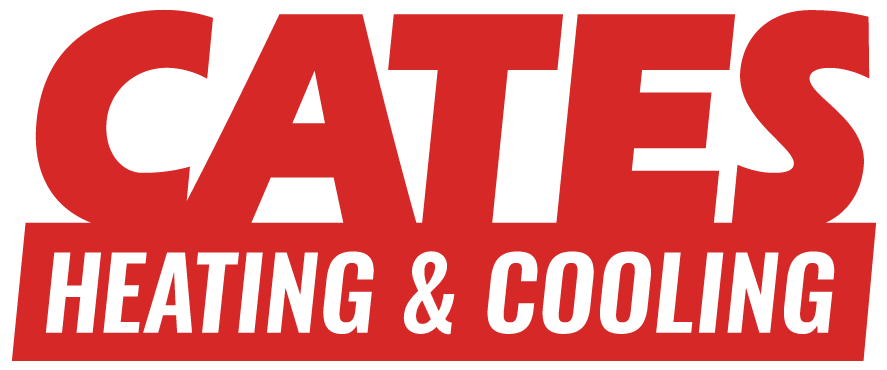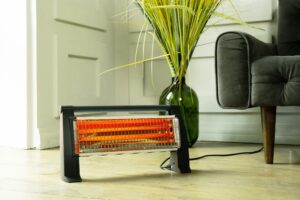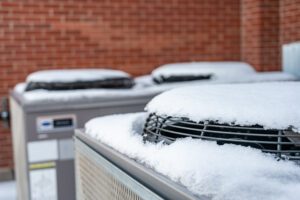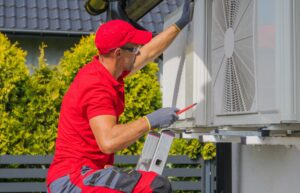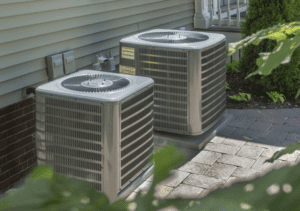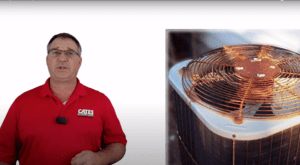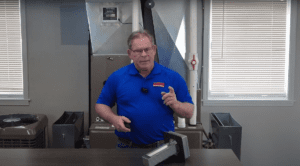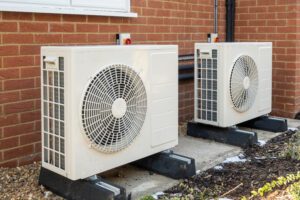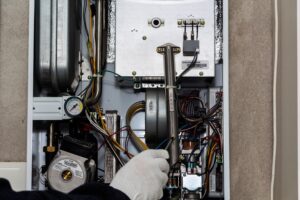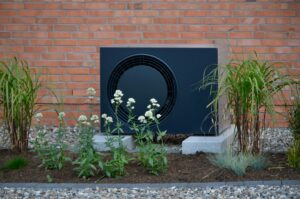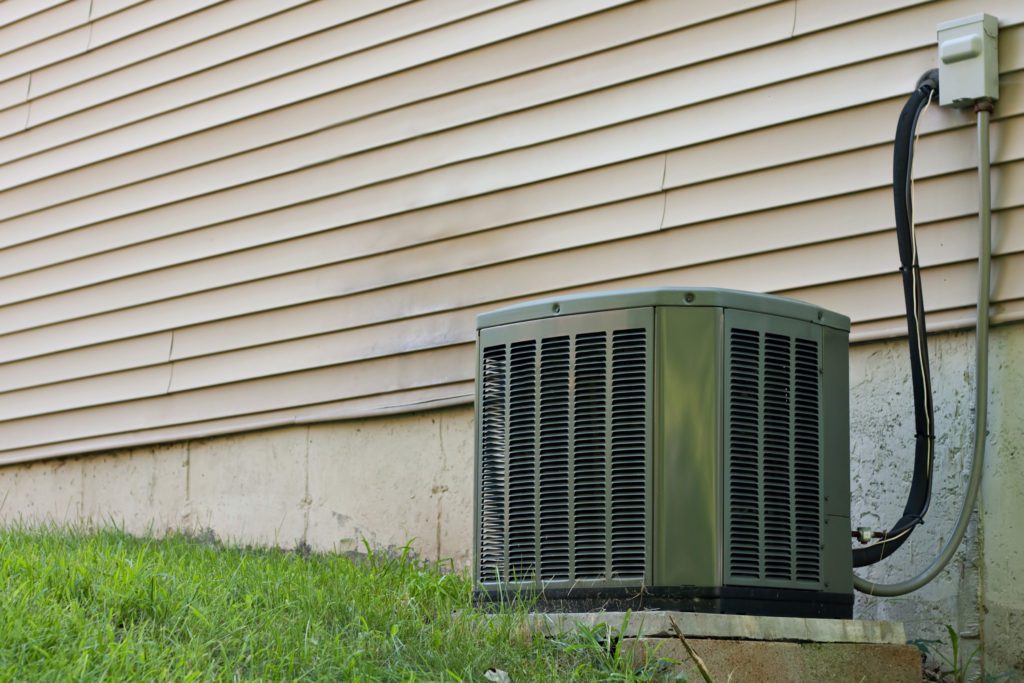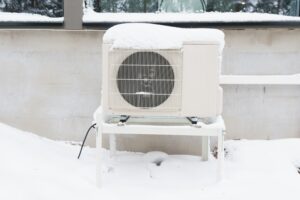Summer is right around the corner and the recent temperatures are a surefire indication. Just this past month we’ve already seen temps nearing 80 degrees! Although the warmer weather feels great, odds are your home is heating up quickly. You’ve probably already thought about turning on your A/C unit to cool things down, but before you do, you’ll want to do some light maintenance to ensure it runs properly. A well-maintained A/C unit can not only maximize your systems’ performance but can ultimately save you money and avoid costly repairs.
To get the most out of your A/C system this summer, follow the four tips below to make sure there are no problems before those scorching Midwestern summer days get here. You don’t want to go a day this summer without air conditioning!
*Before inspecting or working on your A/C unit, be sure to turn off the condenser for safety.
- Remove Protective Covers
Some homeowners choose to cover their outdoor units with blankets or condenser covers to protect it from winter weather and debris. Failing to remove covers before starting the system can cause extreme damage so make sure to remove all protective covers before turning on your A/C. - Clean and Remove Debris
Your A/C unit has gone through multiple seasons and has withstood rain, ice and other severe weather we get here in the Midwest. Odds are your unit has gathered some debris including leaves, sticks and other objects. Remove debris to ensure there’s no blockage that could affect your A/C units’ performance. - Inspect Outdoor Electrical Wiring for Damage
Are all electrical wires intact? Be sure there are no frays or missing wires before starting your A/C unit. - Change Your System Filter
No one wants dirty air in their home. Filters that don’t get replaced often enough can reduce air flow and system performance. Frequency of replacement varies by filter type. If you’re unsure if your filter needs to be replaced, contact one of our friendly technicians.
If you notice any damage to your outdoor unit, it’s best to contact a service technician to assess and repair damage. Cates Heating and Cooling serves residents and businesses around the Greater Kansas City area, providing cooling services including A/C repair and A/C install. We do everything possible to ensure same day service and our certified technicians can work on air conditioners from all types of manufacturers. Contact a service technician by calling (913) 888-4470 or request an appointment online.
For a limited time, take advantage of our current specials! If you call and book an appointment now through May 14, we’re offering Triple Play Savings which includes a free service call with repair (savings of $98), $89 A/C tune-up with a free fall tune-up (savings of $100) and a $59 A/C tune-up special (savings of $50). Also through May 14, if you join our Comfort Club or book a service call, you’ll receive guaranteed cooling with same day priority and no service fee if your A/C stops cooling. Hurry before these great deals are gone!
